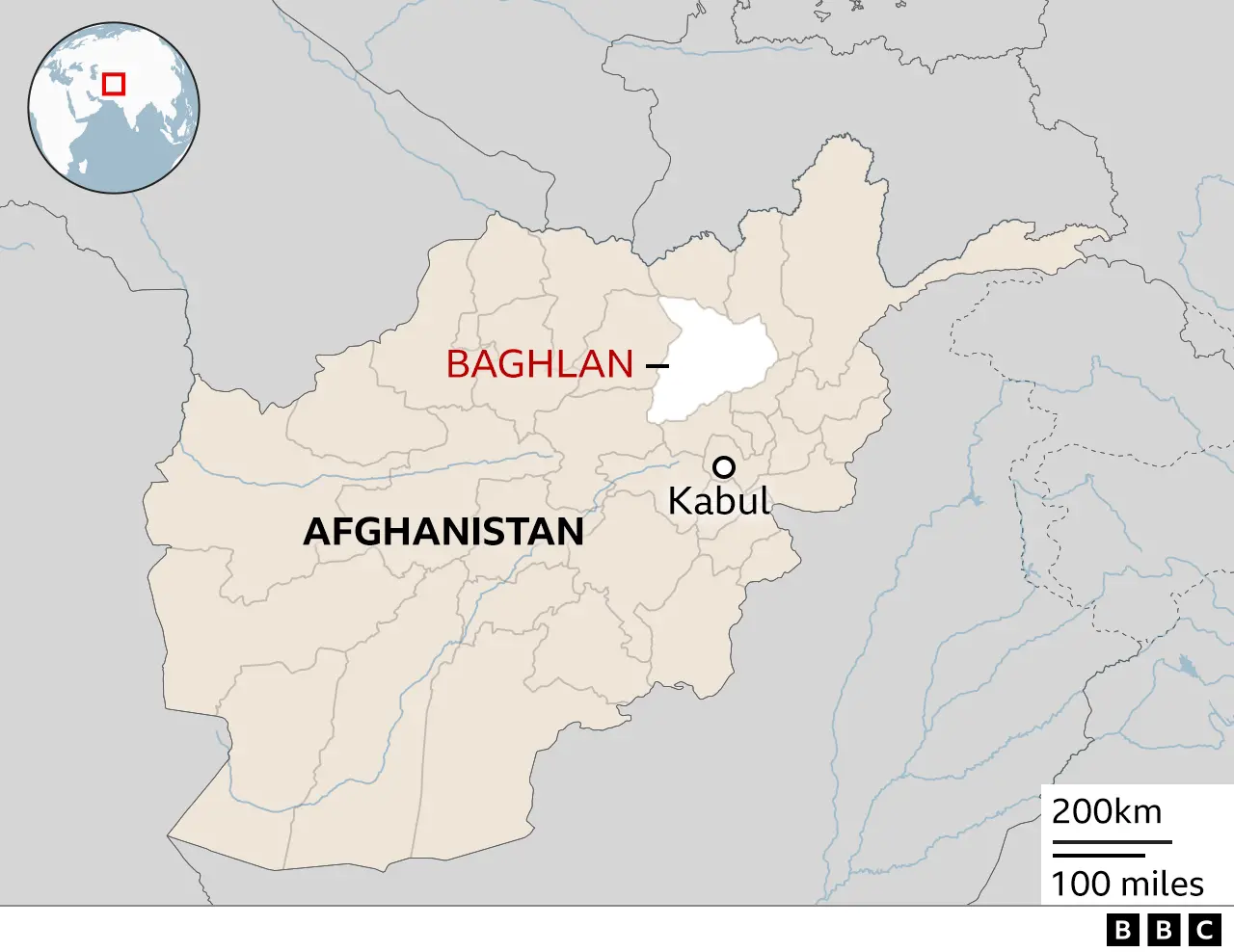Radio Free Europe/Radio Liberty
May 17, 2024. 12:26 GMT
Dubai’s lax regulations make it an attractive market for investments by alleged criminals, struggling politicians, and sanctioned individuals.
Welcome to The Azadi Briefing, an RFE/RL newsletter that unpacks the key issues in Afghanistan.
I’m Abubakar Siddique, senior correspondent at RFE/RL’s Radio Azadi. Here’s what I’ve been tracking and what I’m keeping an eye on in the days ahead.
The Key Issue
Leaked data has revealed that some officials of the former Western-backed Afghan government own luxury properties in Dubai.
The Dubai Unlocked project, a joint investigation by more than 70 media outlets, named 10 ex-officials or their relatives as holders of multimillion-dollar apartments, houses, or villas in Dubai.
They include former parliament speaker Mir Rahman Rahmani and his son, Ajmal Rahmani. The pair own more than $15 million in real estate in Dubai, according to the documents.
Others named in the leaks include ex-intelligence chief Asadullah Khalid, who owns a villa worth around $5.4 million, and the brother and son of Mohammad Qasim Fahim, the late former defense minister and vice president, who own luxury properties worth more than $4.6 million.
Former ministers Amirzai Sangin, Atiqullah Baryalai, Ratib Popal, a cousin of ex-President Hamid Karzai, and former Ambassador Ahmad Wali Masud also own expensive Dubai properties, according to the leaks.
Why It’s Important: After the U.S.-led invasion in 2001 that toppled the first Taliban regime, Washington allocated billions of dollars for the reconstruction of Afghanistan.
Many ex-Afghan officials and U.S. contractors, some of them members of the new Afghan political elite, were accused of skimming some of those funds.
The Dubai Unlocked project has revealed that at least some of them purchased luxury properties in the United Arab Emirates.
The leaks have put the spotlight on the widespread corruption that was endemic under former Afghan administrations.
“Corruption was one of the factors that led to the collapse of the republic,” Khan Zaman Amarkhel, an Afghan anti-corruption expert, told RFE/RL’s Radio Azadi.
What’s Next: It is unclear if all the former U.S. contractors and Afghan officials named in the leaks and accused of corruption will be held accountable.
In December, the U.S. Treasury Department sanctioned the Rahmanis for “misappropriation of millions of dollars.”
In January, the Rahmanis filed a lawsuit in Washington, D.C. But in April, a court rejected their efforts to lift the Treasury sanctions until the case was settled.
The lawsuit revealed that the Rahmanis continue to hold Cypriot passports and own more than $212 million worth of real estate in Germany.
What To Keep An Eye On
The emergency situation in areas of Afghanistan hit by flash floods that have killed hundreds of people remains dire, according to rescuers and aid organizations.
Relief efforts have been hampered by the floods, which have made many roads inaccessible to trucks transporting food, medicine, and tents.
Twenty-five of the country’s 34 provinces have been affected by the recent floods, which were triggered by heavy rains on May 10. The northern province of Baghlan, where more than 300 people have died, remains the worst-affected region.
Some of the flood victims in Baghlan said they have received little help.
They include the family of Mohammad Alam, a resident of Baghlan. “The flood didn’t last long, but it came over me like a mountain,” he told Radio Azadi. “It took my son and wife. We have lost a total of six people.”
Why It’s Important: Thousands of people continue to be displaced and urgently need food, shelter, and medicine.
International groups and Taliban officials have warned that the death toll could rise significantly. Hundreds of people are missing and feared dead.
The flash floods have exacerbated the devastating humanitarian crisis in the country, making thousands of people homeless and robbing many in agricultural areas of their livelihoods.
That’s all from me for now.
 Afghanistan Peace Campaign
Afghanistan Peace Campaign


